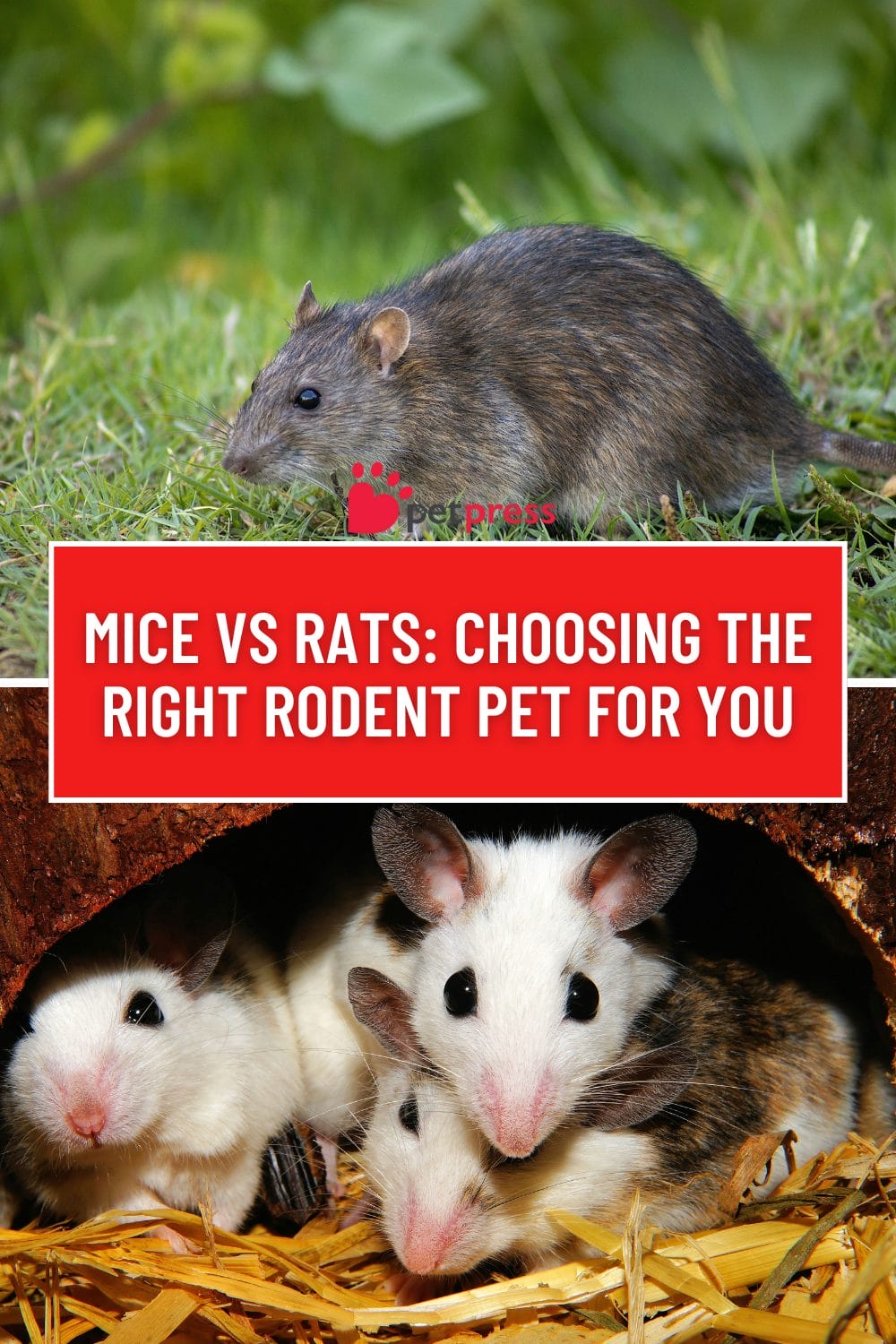
When considering a small rodent as a pet, many people debate between mice vs. rats.
While they may seem similar at first glance, there are significant differences in their behavior, intelligence, care needs, and social traits.
But which one is the better pet? The answer depends on what you’re looking for in a furry companion.
Are you seeking a low-maintenance pet or an affectionate and trainable friend? Do you want a pet that enjoys interaction, or would you prefer one that thrives independently?
In this detailed guide, we will compare mice versus rats based on their unique traits, size, personality, and care requirements to help you decide which rodent best suits your lifestyle.
The Significance of Mice and Rats
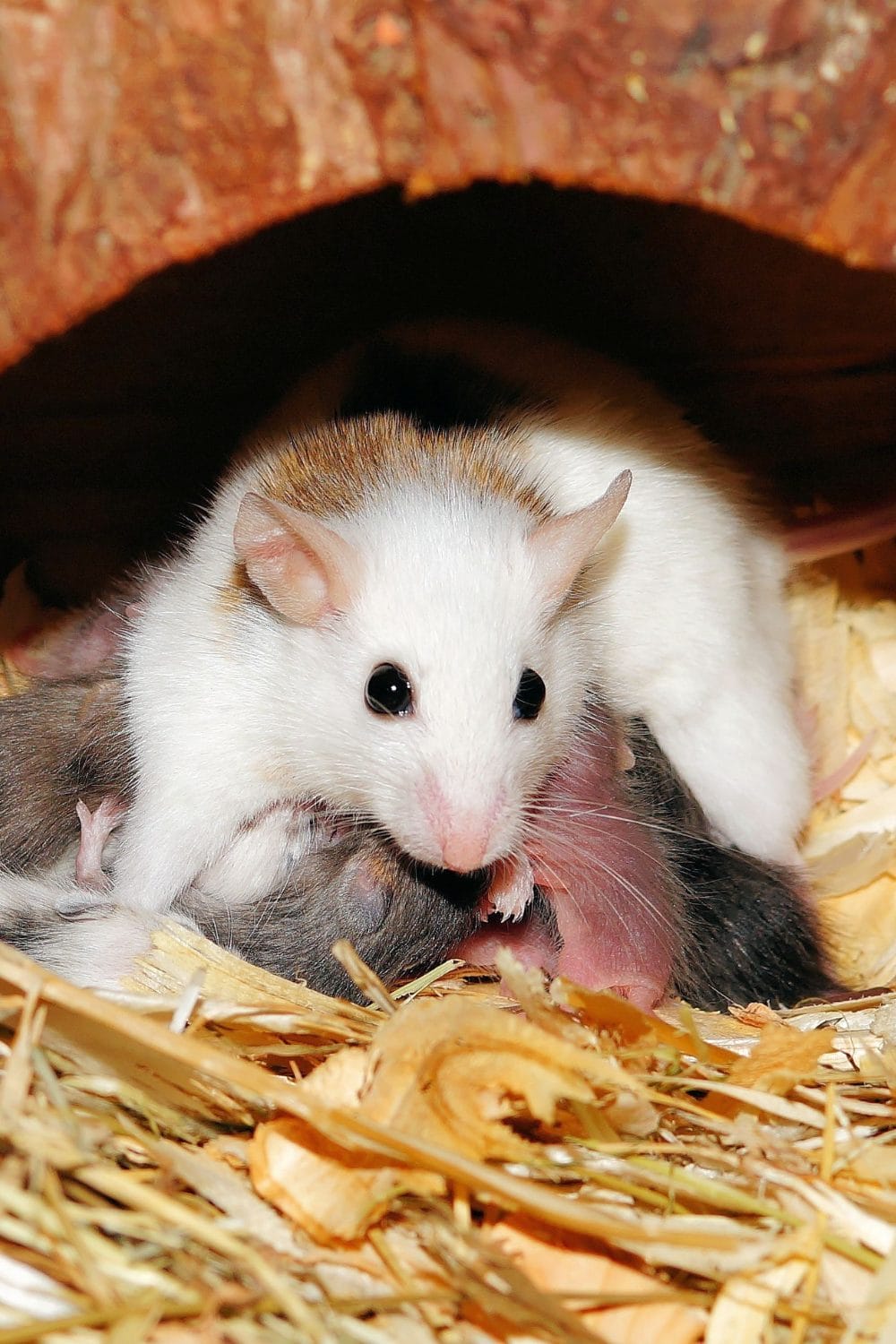
Mice as Pets
Mice have been domesticated for centuries, primarily as laboratory animals and pets.
They are small, low-maintenance creatures that thrive in groups and are fun to watch due to their active nature. However, they are less interactive with humans compared to rats.
Rats as Pets
Rats are known for their intelligence and social nature. They form strong bonds with their owners and can be trained to perform tricks.
Domesticated pet rats (also called fancy rats) differ significantly from their wild counterparts, making them an excellent choice for those looking for an engaging and affectionate pet.
What Are the Unique Traits of Mice and Rats?
| Trait | Mice | Rats |
| Size | Small (2.5-4 inches) | Larger (9-11 inches) |
| Lifespan | 1.5 – 2 years | 2 – 3 years |
| Intelligence | Less trainable | Highly intelligent and trainable |
| Social Needs | Prefer same-species groups | Bond closely with humans and other rats |
| Housing Needs | Smaller cages, easy maintenance | Larger cages, more interactive environment |
| Handling | Skittish, do not enjoy handling | Love to be handled and carried |
| Odor Levels | Higher odor levels | Lower odor levels with regular cleaning |
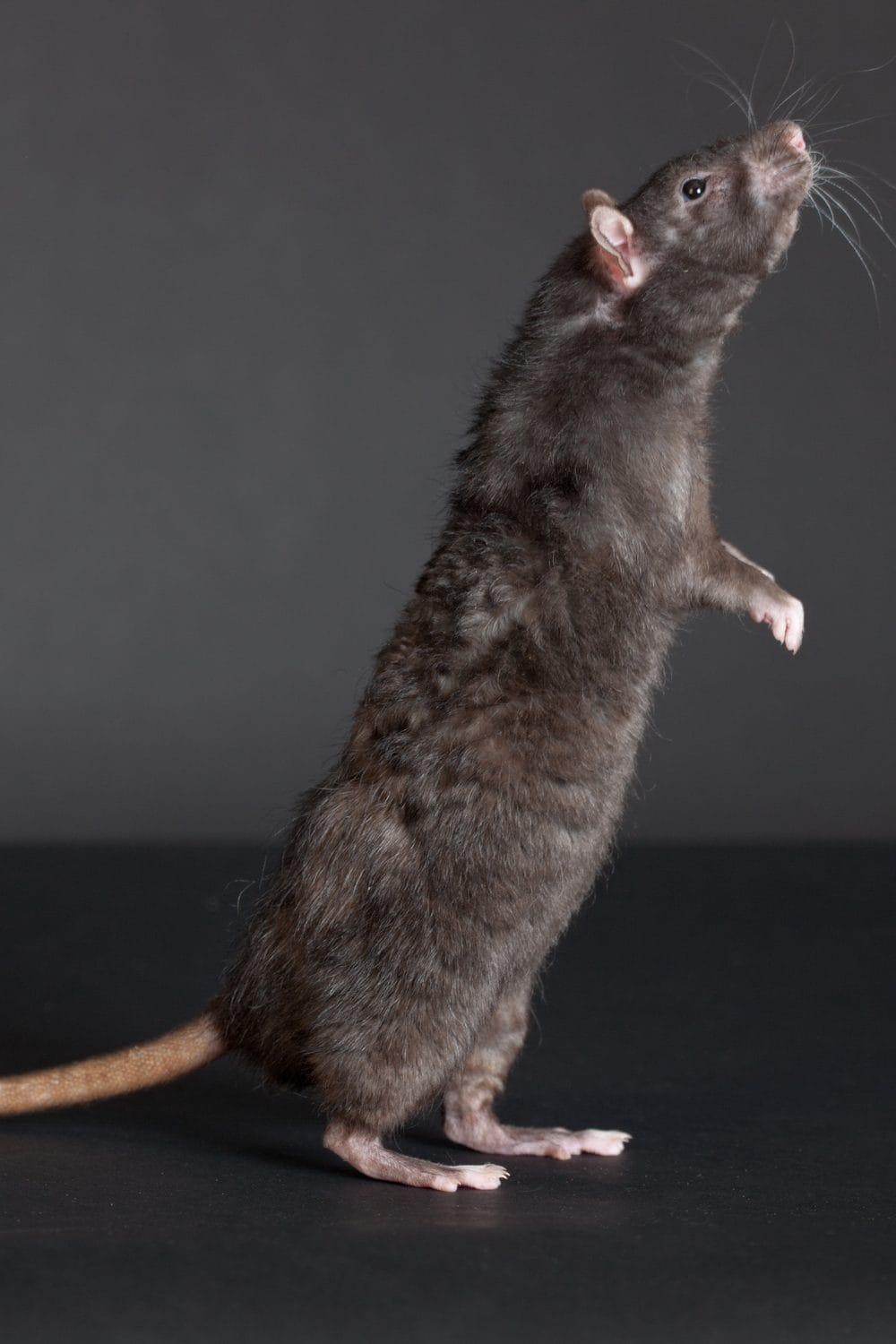
Reasons to Have Mice as a Pet
- Small and Low-Maintenance: Mice require less space than rats, making them ideal for small living spaces. Their cages are easier to maintain, and they don’t need as much social interaction.
- Fun to Observe: Mice are highly active and enjoy climbing, burrowing, and exploring. Watching them in their enclosure can be entertaining.
- Live Well in Groups: Unlike rats, which require interaction with humans, mice do well in same-species groups. This makes them a good option for owners who prefer less hands-on pets.
- Affordable to Keep: Mice are generally less expensive than rats in terms of food, bedding, and cage size.
- Short Lifespan: While some see this as a downside, a shorter lifespan (1.5 – 2 years) may be preferable for those not ready for a long-term commitment.
Reasons to Have Rats as a Pet
- Highly Intelligent: Rats can be trained to perform tricks, navigate mazes, and even respond to their names. Their intelligence makes them an engaging pet.
- Affectionate and Social: Unlike mice, rats enjoy interacting with humans and often seek attention. They bond deeply with their owners.
- Easier to Handle: Pet rats are generally calmer than mice and don’t mind being held, making them a great choice for those who want a hands-on pet.
- Less Odor with Proper Care: While any pet requires regular cleaning, rats tend to have less odor compared to mice, especially if their cage is well-maintained.
- Longer Lifespan than Mice: With a lifespan of 2-3 years, rats live longer than mice, allowing for a deeper bond over time.
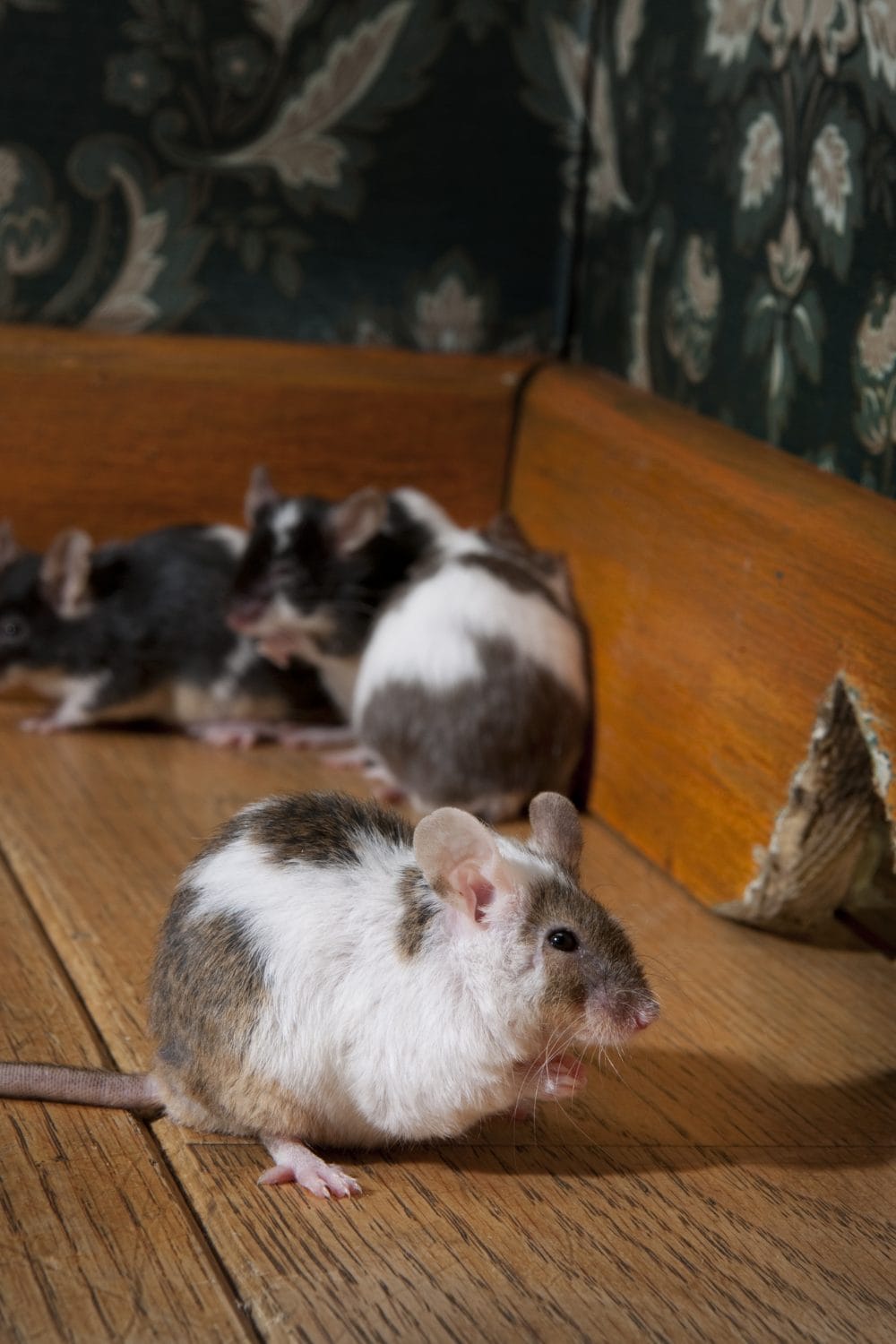
Mice vs. Rats: Which Makes the Better Pet?
Personality and Behavior
- Rats vs. Mice Difference in personality is significant.
- Rats are friendly, social, and enjoy interaction with humans.
- Mice are skittish, less trainable, and prefer their own kind rather than human interaction.
- If you want a pet you can handle and bond with, rats are the better choice.
Space and Housing Requirements
- Rats vs. Mouse Size is a major factor. Rats require larger cages with more enrichment.
- Mice can thrive in smaller cages, making them more suitable for apartments or small spaces.
Training Ability
- Rats are highly trainable, and many owners teach them tricks, commands, and even litter box use.
- Mice are much harder to train due to their skittish nature and short attention span.
Odor Levels
- Mice have a stronger scent, particularly males, due to their urine marking behavior.
- Rats, despite their size, have less odor if their cage is cleaned regularly.
Cost of Care
- Mice are cheaper to maintain in terms of food and housing.
- Rats require larger enclosures, more social time, and a slightly higher budget for care.
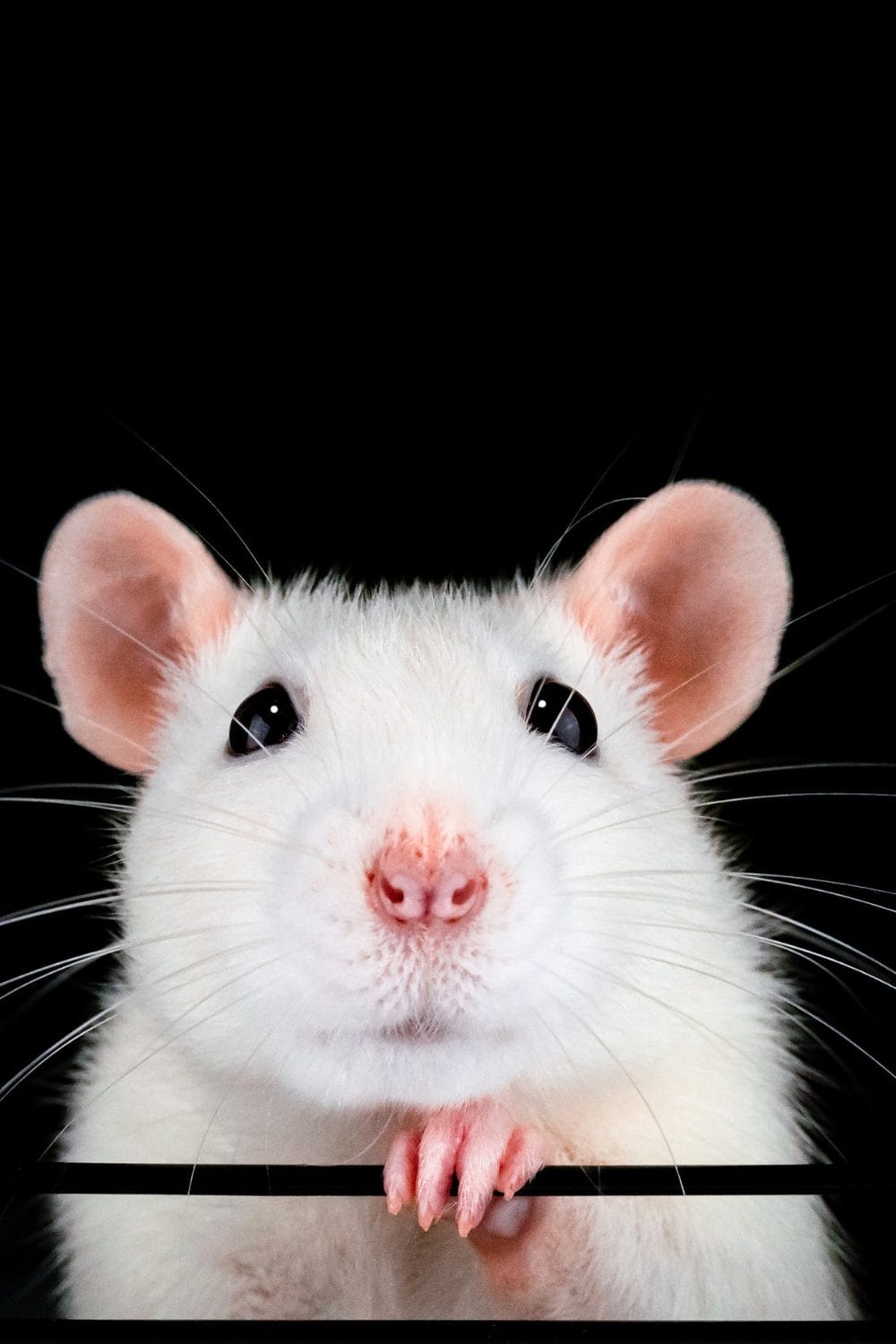
Lifespan and Commitment
- Mice live 1.5 to 2 years, making them a short-term commitment.
- Rats live 2 to 3 years, providing more time to bond.
If you’re looking for an intelligent, trainable, and affectionate pet, rats are the better choice.
However, if you prefer a low-maintenance, independent pet that doesn’t require much handling, mice may be the right fit.
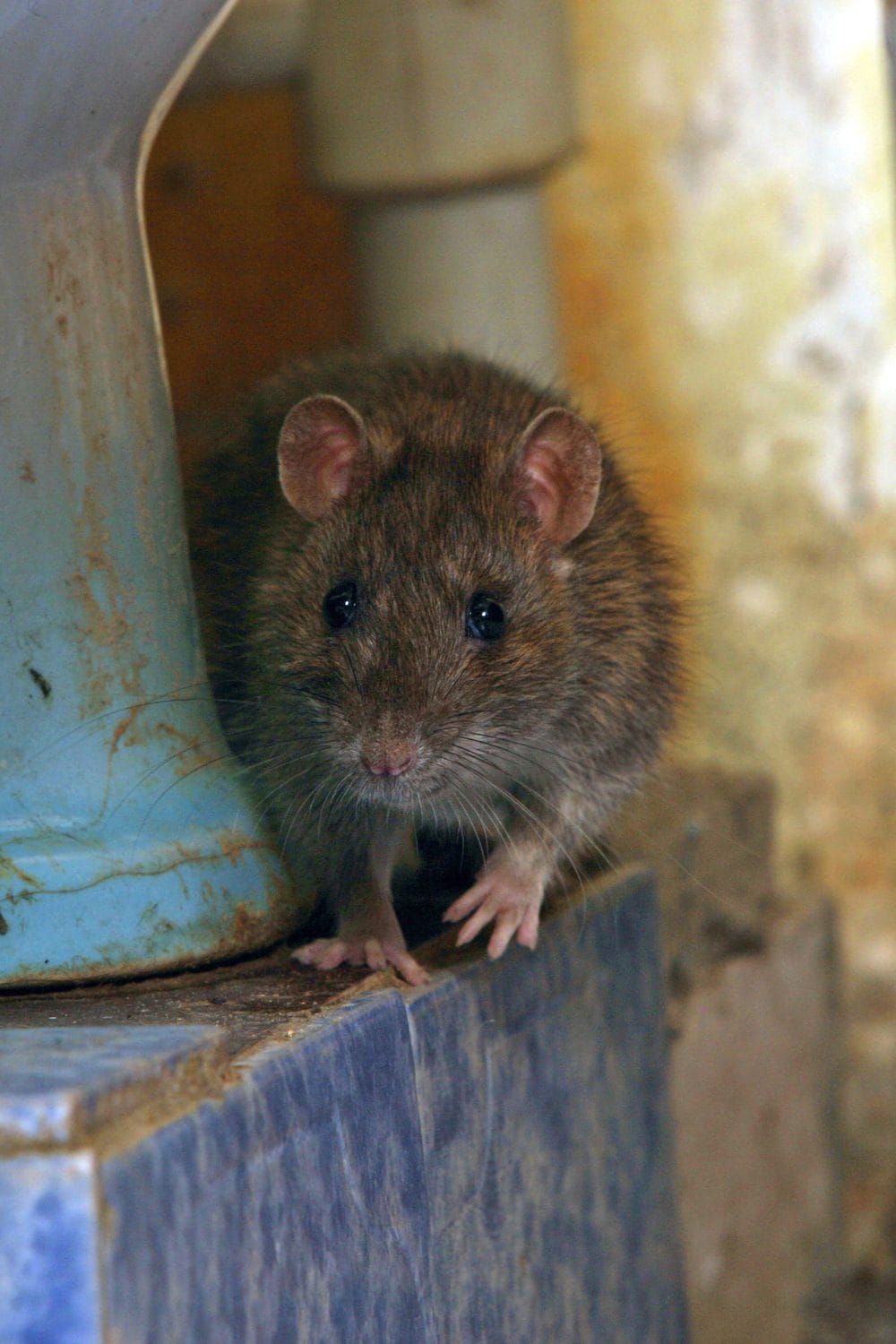
Conclusion
The difference between mice and rats in house settings is clear—rats make better companion pets due to their intelligence and social nature, while mice are ideal for those who prefer independent pets with minimal handling.
When choosing between mice vs. mouse vs. rat, it ultimately comes down to your personal preference, lifestyle, and how much time you want to invest in pet care.
Both rodents can be wonderful pets when given the proper care and environment.
If you’re considering adopting one, always choose reputable breeders or look for “mice and rats for adoption near me” to provide a loving home to a pet in need.
FAQs
Rats are much larger than mice. Rats vs mouse size is noticeable—rats can grow up to 11 inches, while mice typically reach only 4 inches in body length.
The mouse vs rat identification is based on size, tail thickness, and behavior. Rats are larger with thicker tails, while mice are smaller and more agile.
Yes! Rats are known for their clean grooming habits and are less likely to have a strong odor compared to mice.
No, rats are less likely to bite than mice. Mice tend to be more skittish, which can lead to nipping when startled.
Mice require less space and handling, making them lower-maintenance. However, rats are more interactive and trainable, making them a more engaging pet.
Which one would you choose—a playful, affectionate rat or an independent, curious mouse? Let us know in the comments!
- Dogs Pooping Blood: A 2026 Guide for Concerned Pet Parents - February 23, 2026
- How to Celebrate a Dog’s First Birthday on a Budget: 2026 Guide - February 18, 2026
- Best Shampoo for Sensitive Skin Dog Grooming: 2026 Guide - February 12, 2026


GIPHY App Key not set. Please check settings